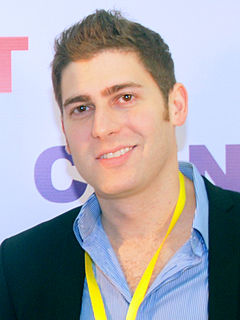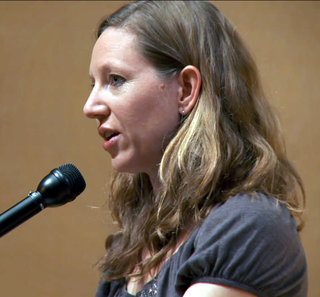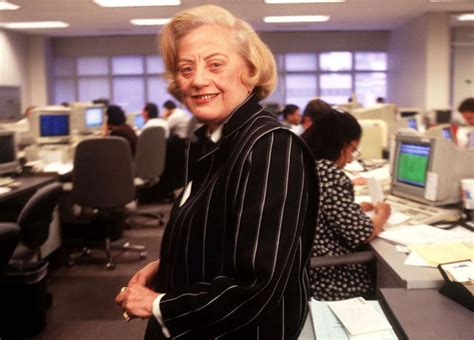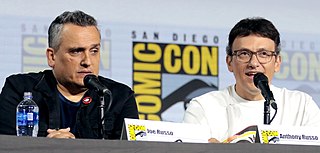A Quote by Anne Elizabeth Moore
The phrase "global citizen" always gets tossed around with my work, and part of it is that, clearly, talking about being a global citizen is the only way we can talk about participating in globalization without feeling like assholes.
Related Quotes
It's a little bit about being a global citizen, with all the United Nations positive umph that there is with that phrase - it's about being a positive do-gooder. But it's also: how can I participate in globalization in a really clear way? Like: don't leave the house unless you can bring something worthy into the world. And so Nicaragua changed the way that I want to do things.
Whenever you get involved with talking about rights, you're talking about being a citizen. You're talking about being a citizen in capitalism; you're talking about what rights are granted to what identities, under what laws, and all that is a big mix. Marriage is, among many other things, a formality to channel capital through a family. And that's why the big DOMA lawsuit was about paying too many taxes! "I wouldn't have had to pay all these taxes if Theodora had been Theo" - that was the big tagline. It's all about protecting assets.
I don't think a reporter necessarily becomes an arm of law enforcement. I think a reporter is like any other citizen. If a citizen can do his or her duty as a witness, if they have information about a crime, or if they have information about a criminal group, I think that there's a duty on the part of the citizen.
If we're talking about buying exchanges abroad, we have to have global securities standards, as we have global banking regulations. I'm talking about margins. Now, the United States has certain margin requirements that are not the same in London. Investors and hedge funds that want to borrow more money against securities ? if they can't in the U.S., they go abroad. That could add additional risks to the global economy.
I think, at some level, we see young people all over the country mobilizing around different issues, in which they're doing something that I haven't seen for a long time. And that is, they're linking issues together. You can't talk about police violence without talking about the militarization of society in general. You can't talk about the assault on public education unless you talk about the way in which capitalism defunds all public goods. You can't talk about the prison system without talking about widespread racism. You can't do that. They're making those connections.
I spend most of my time in South Korea but at least one-third of my time is spent traveling around the world, meeting people, speaking about climate change and sustainable development and trying to foster global citizenship especially for young people. What I observe is there clearly is a need for global citizenship. That is exactly right. We are having troubles around the world. We need global vision.
Killing a bunch of people in Sudan and Yemen and Pakistan, it's like, "Who cares - we don't know them." But the current discussion is framed as "When can the President kill an American citizen?" Now in my mind, killing a non-American citizen without due process is just as criminal as killing an American citizen without due process - but whatever gets us to the table to discuss this thing, we're going to take it.
Why did I become a Canadian citizen? Not because I was rejecting being a U.S. citizen. At the time when I became a Canadian citizen, you couldn't be a dual citizen. Now you can. So I had to be one or the other. But the reason I became a Canadian citizen was because it simply seemed so abnormal to me not to be able to vote.







































